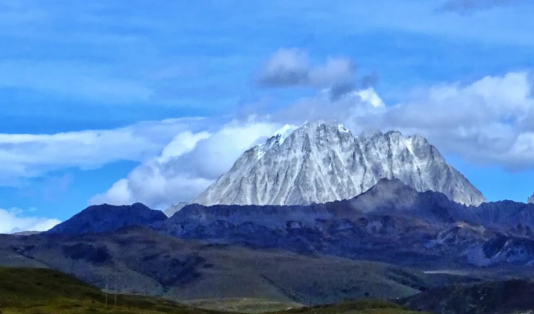
Yala Snow Mountain, a sacred mountain located in Garze Tibetan Autonomous Prefecture, Sichuan Province, attracts countless tourists with its stunning scenery and mysterious Tibetan culture. Yala Snow Mountain, with an altitude of 5820 meters, is a shining pearl on the northwest plateau of Sichuan and is known as the “Alps of the East”. In Tibetan, “Yala” means the king of snow capped mountains. It is not only a geographical symbol, but also a sacred mountain in the hearts of the Tibetan people.
This snow mountain has distinct seasons and diverse scenery. In spring, wildflowers bloom everywhere at the foot of the mountain, and the air is filled with the fragrance of flowers; In summer, the grasslands around the snow capped mountains are filled with herds of cattle and sheep, full of vitality; In autumn, golden fallen leaves cover the entire hillside, like a golden ocean; In winter, snow capped mountains are adorned with silver, making them even more majestic and magnificent. Yala Snow Mountain is not only charming in natural scenery, but also surrounded by many Tibetan villages and ancient temples, making it an excellent place to experience Tibetan culture.
For hiking enthusiasts, Yala Snow Mountain is a challenge that cannot be missed. The Ta Gong Grassland at the foot of the mountain is the starting point for hiking. Passing through the Yala Mountain, one can appreciate the magnificent scenery of the western Sichuan Plateau. On the hiking route, you will also pass by Pagong Monastery, a Tibetan Buddhist temple with a history of thousands of years. Its quaint architecture and peaceful environment make people feel purified.
However, visiting Yala Snow Mountain is not an easy task, as the harsh natural conditions and high-altitude environment pose a major challenge for travelers. Therefore, when embarking on an adventure, it is necessary to make sufficient preparations, including adaptation training for physical conditions, prevention of altitude sickness, and preparation of necessary food and equipment. In addition, respecting the local religious culture and customs is also a principle that every traveler should abide by.